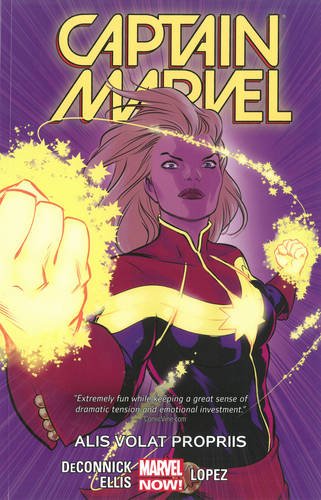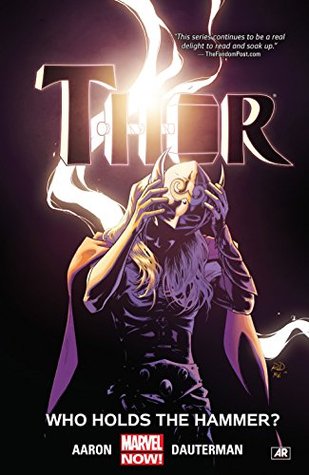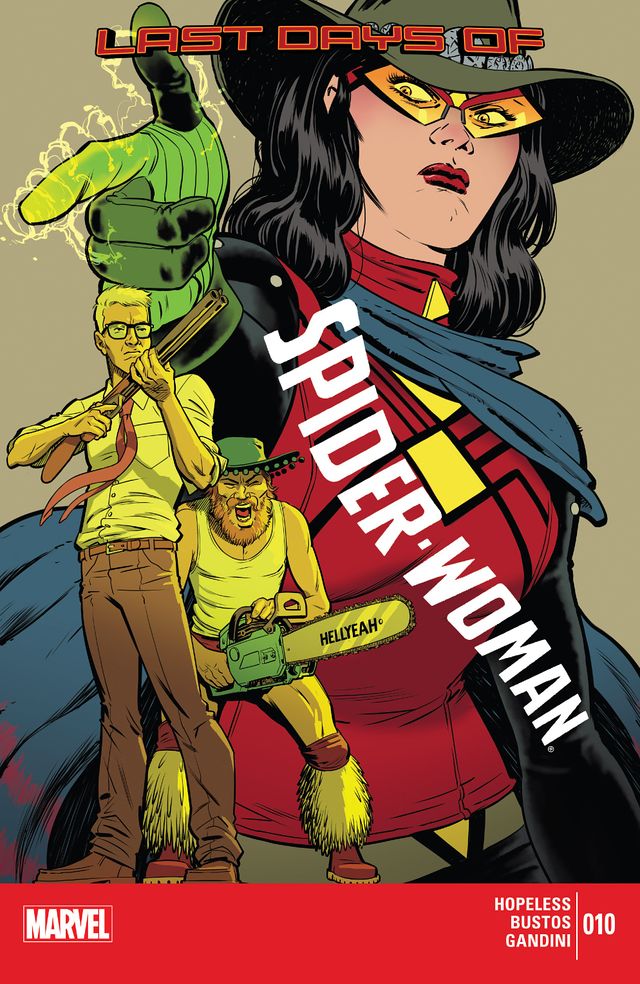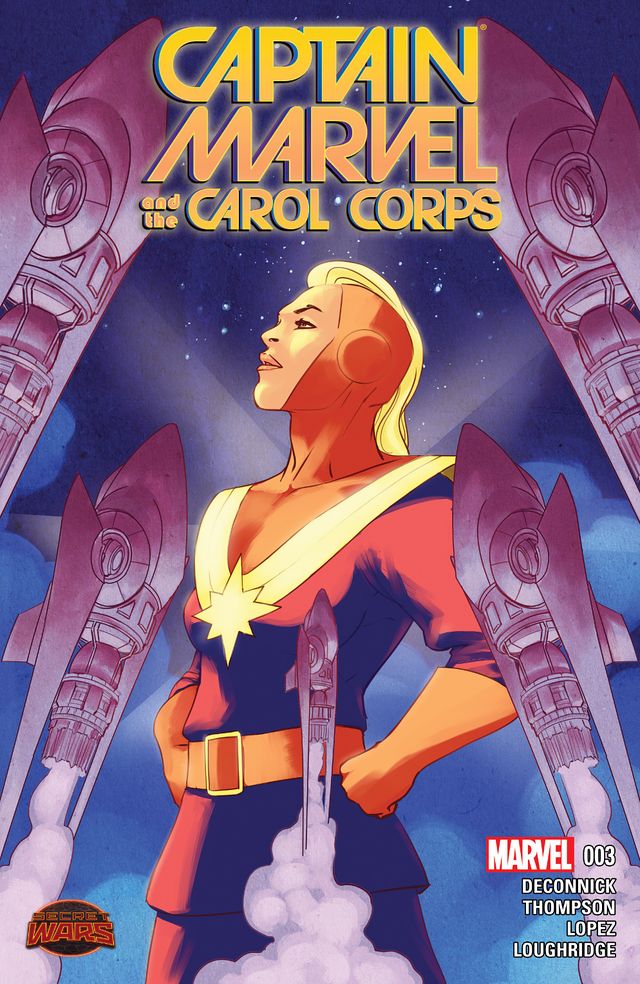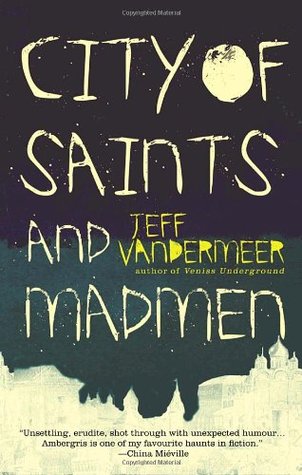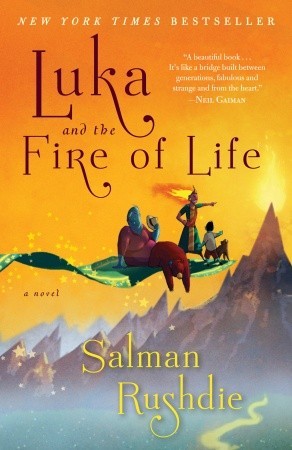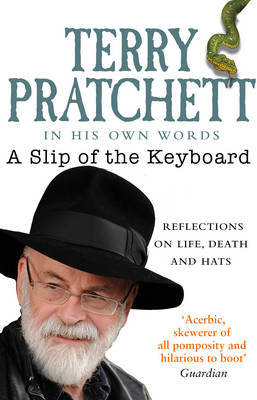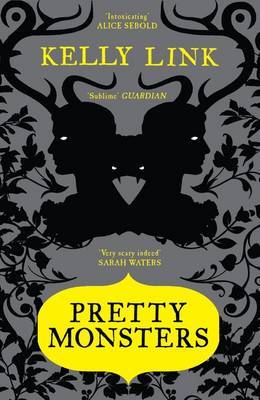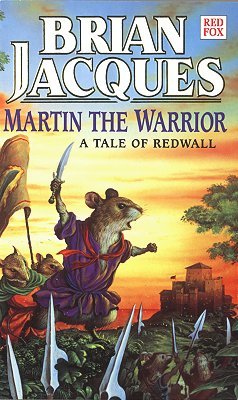 Martin the Warrior, Brian Jacques
Martin the Warrior, Brian Jacques
I hadn’t thought of rereading these seriously until I realised that reading a childhood book was on the list for a reading challenge, and then my sister returned all my copies to make room on her shelves for her own books. Then I thought, well, why not? I remember that I found the books getting a bit repetitive as the series went on (and on, and on) but Martin the Warrior was the first I read, and it’s obvious why it hooked me as a kid. It’s a little bit deterministic — rats are evil, mice are good, shrews are quarrelsome, etc — but I know that’s tackled a little in later books with characters like Veil. I’m not sure it’s ever really dealt with, though.
One of the awesome things is the way it talks about food; all kinds of food that animals would actually eat, yet cooked in human ways. It’s a weird combination, or sounds it, until you read the book and then it just sounds tasty. I’m sure I’d like Grumm or Polleekin’s cooking…
Martin the Warrior ends on a sour, sad note. I think ultimately the sympathies lie with the peace of Noonvale, even while there’s understanding of the need for revenge that drives Felldoh and, to a lesser extent, Martin. It doesn’t bring any good to the characters, even though they’ve removed a threat from the world.
Definitely a good nostalgia read, despite the sadness, and perhaps a bit more nuanced than I remembered.
Rating: 4/5


